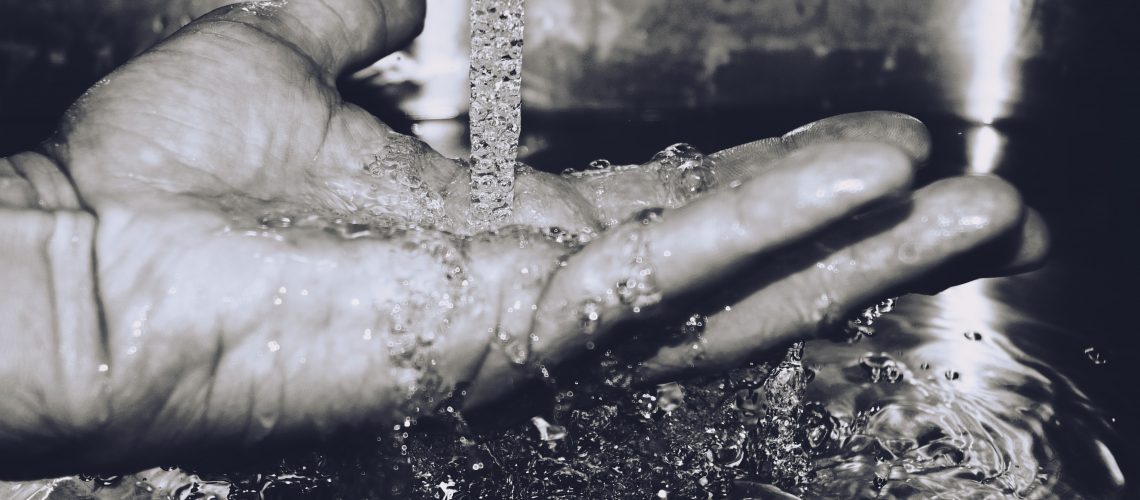Some people thing that hand washing is all about the right soap. But after research, microbiologist Michelle Sconce Massaquoi, found that there is more to washing our hands than the soap we use.
Massaquoi researched into the two-fold method of hand washing. The first step is decrease the amount of bacteria, viruses and other types of microorganisms on our hands. This is done by using soap and then rinsing our hands in water. Studies have shown that washing out hands with soap and water does significantly reduces the bacterial load of diarrhoea-causing bacteria. That’s because soap’s chemistry helps remove microorganisms from our hands.
The second strategy is to kill the bacteria. This can be achieved by using products with an antibacterial agent such as alcohols, chlorine, peroxides, chlorhexidine or triclosan. But using strong antibacterial agents may not work on all bacterial cells. This is because our hands have genes that can build resilience and can allow the remaining strains on the hands can flourish. The antibacterial agents can also be bad for your health since it may alter the way hormones work in the body.
The Best Hand Washing Technique
The Centers for Disease Control and Prevention in the United States has suggested the following steps to wash your hands properly:
- Wet hands with clean water
- Apply soap and lather/scrub every nook and cranny of your hands for 20-30 seconds (about the time to sing Happy Birthday twice)
- Rinse well with clean running water
- Dry hands with a clean paper towel or air-dry
But as a friendly reminder, not all microbes are bad. There are trillions of different bacteria colonise our skin, gut, and orifices. These microbiota can protect us from germs by training our immune system and by colonisation resistance.
You can read the full article by Massaquoi here.
Do you need to revise your hand washing technique? Are you going to watch how much you use antibacterial agents?
If you would like more information on this topic or get the source URL for this article, then email us at [email protected]
